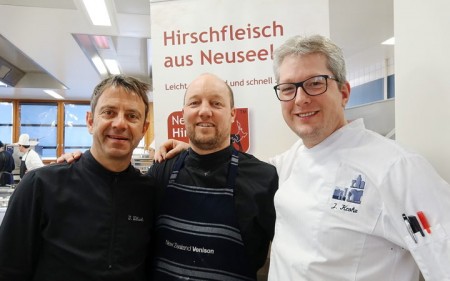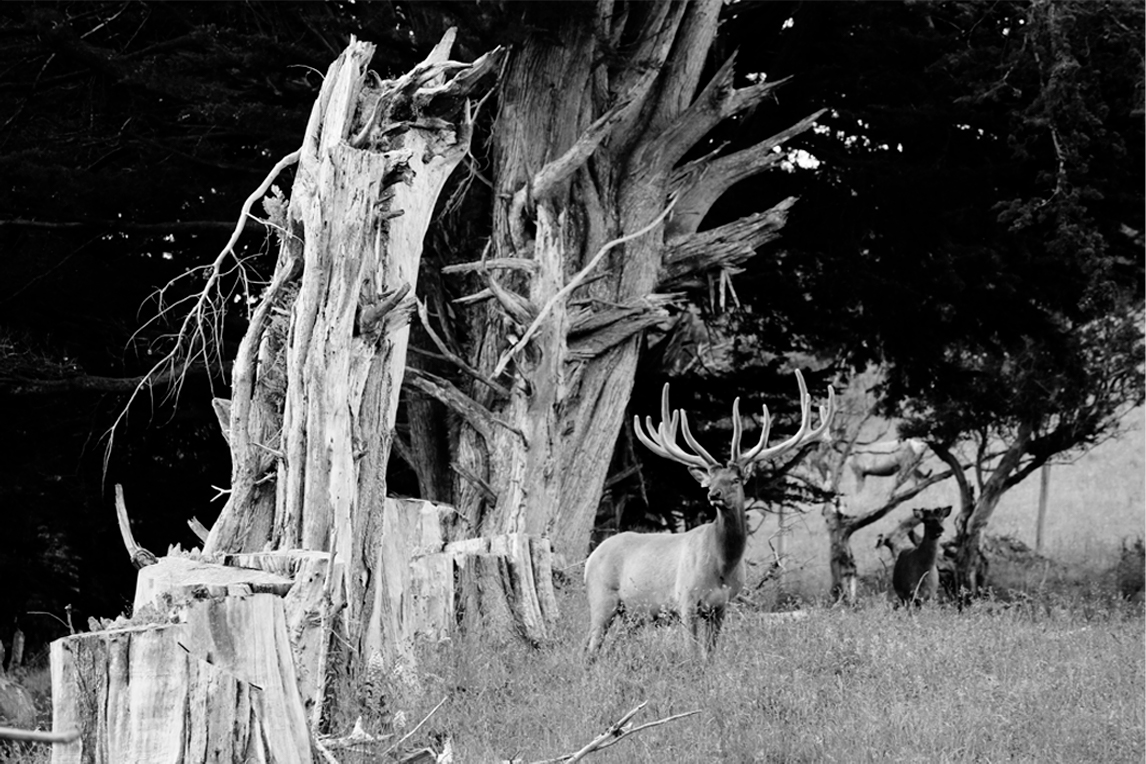Sep 17, 2021
The gradual opening up of Europe on the back of growing vaccination rates is good news for venison producers. There’s healthy demand for chilled venison from restaurants opening for the game season – the challenge for exporters is getting it there.
According to the business intelligence service Forbes, there is massive dislocation in global supply chains, affecting shipping routes, ports, air cargo, trucking lines, railways and even warehouses. Supply shortages, order backlogs, delivery delays and spikes in transport costs are the order of the day.
 Deer Industry NZ chief executive Innes Moffat (pictured) says that while Covid continues to cause disruptions, European food service operators, who have received significant government assistance over lock downs, are upbeat about the recovery that is now underway.
Deer Industry NZ chief executive Innes Moffat (pictured) says that while Covid continues to cause disruptions, European food service operators, who have received significant government assistance over lock downs, are upbeat about the recovery that is now underway.
“Beef and lamb prices are increasing in Europe and this is helping marketers to lift selling prices for chilled venison. They are also hoping there will be significant inroads made in the stocks of frozen venison carried forward from the 2020 season.
“European importers have bought larger volumes of venison this year than in previous years, and are reporting that their retail and cash and carry customers have ordered well for the coming season.”
Offsetting this good news is the expectation among venison marketers that shipping delays and resurgent Delta infections will disrupt the trade in the months ahead.
“The marketers are in a cleft stick. If there’s a Covid resurgence a port may close entirely until infections subside. So if they export chilled venison by sea, there is the real risk that the shipment will be held up in a port somewhere,” Moffat says.
“On the other hand, if they ship by air, they are faced with greatly increased air freight costs, which erode the better prices they are achieving in the marketplace.”
Moffat says air freight has traditionally been carried on passenger jets, but with the collapse of global tourism as a result of Covid, air freight is now having to pay its way – a situation that is unlikely to change in the near future.
Shannon Campbell, the Kiwi chef who works for DINZ in Germany, welcomes seeing more customers returning to restaurants as Europe enters its traditionally busy period for venison consumption.
“Last year we saw the food service business really drop away, with big increases in on-line ordering for home consumption. Demand for higher price restaurant cuts was replaced by demand from home cooks for more diced product, used in the likes of goulash.”
During the long lockdown period the most successful business models were quick easy take-out meals, so Campbell worked with the likes of burger outlets, developing lean healthy burger patty options to market alongside traditional beef based offerings.

Shannon Campbell (centre) pictured with colleagues in Germany in early 2019, before the Covid storm struck
“The silver lining from the Covid crisis has been the pivot to retailing online among distributors, and how it has opened consumers’ minds to venison as an option beyond the traditional winter food service market.”
He is continuing to develop marketing support material for venison at retail now there is more certainty there will be no more lockdowns. During the busy pre-winter period he will be traversing Europe and the United Kingdom, boosting links with retailers and distributors and capitalising on the new-found retail interest in venison.
“Everyone here is really looking forward to more certainty, and Covid has certainly prompted us to look harder at these other opportunities for venison.”

